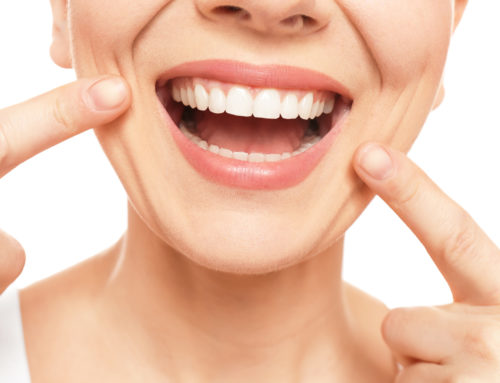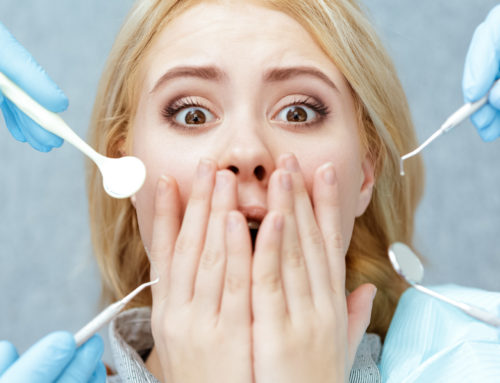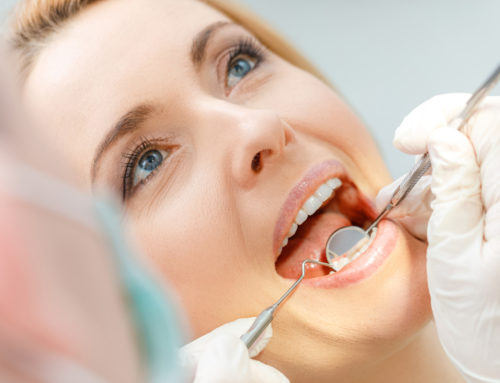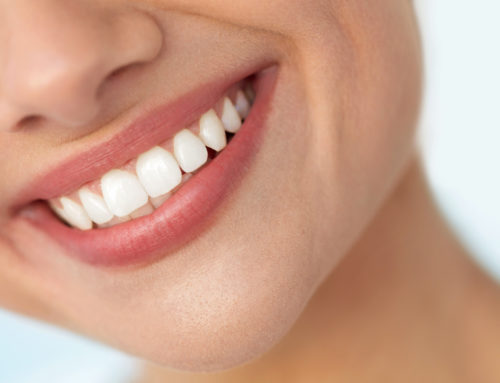Oral health is an important component of our overall health and well being. Among children and adults, tooth decay is the most common yet preventable chronic disease.
Taking care of your gums, teeth, and tongue is pretty simple and only takes a few minutes each day. However, approximately 26% of adults ages 20-64 suffer from periodontal disease.
Are there warning signs that you can look out for to see if you are suffering from poor oral health? How important is proper oral hygiene? Proper oral care and preventative dentist visits go a long way in ensuring that your oral health remains as high quality as possible.
6 Signs of Decaying Oral Health
There are warning signs that indicate that your oral health may be suffering if you stay aware. These symptoms will clue you in when you need to make changes in your oral routine and when you need to see a dentist. However, preventative care will benefit you far more than waiting until you already have an issue.
1. Dry Mouth
If you experience chronic dry mouth then that could be a sign that you have a health condition that warrants getting checked out. Certain medications, health issues, or smoking can cause dry mouth. Dry mouth often leads to plaque formation and then eventually to a periodontal condition like dental cavities or gingivitis.
2. Sensitivity to Heat or Cold
Does your hot soup or ice-cold smoothie cause tooth pain? If so, then you will want to go visit your dentist to get it checked out. Sensitivity to hot or cold liquids or foods is a common indicator that you have dental issues.
Often individuals who have receding gums will experience pain when they eat or drink anything that is hot or cold. For those individuals, the tooth enamel has worn away and has exposed some of the tooth’s root.
Fortunately, receding gums are a treatable or even reversible condition if caught early enough.
3. Bad Breath
Smelly breath can be an unfortunate and embarrassing symptom of poor oral health. Bad breath, or what is more properly known as halitosis, is created when you have an overgrowth of bad strains of bacteria in your mouth.
Regularly flossing your teeth and brushing your teeth, gums, and tongue can help to lessen the chances of you getting halitosis.
4. Bleeding Gums
One of the other warning signs of poor oral health is gums that bleed when you brush your teeth or floss. Often this is a sign of gingivitis. Other signs of gingivitis include receding gums, dark red gums, bad breath, and sensitive gums.
Gums that are healthy are pink and firm. Gingivitis is a treatable condition, but it is important to seek out the help of your dentist as soon as possible before periodontal disease sets in.
5. Black or Brown Spots on Teeth
It is important to regularly inspect your teeth for any discolorations. If you notice black or brown spots on teeth, this could indicate that you have a cavity. A cavity develops into tiny holes inside your tooth.
Cavities are often caused by poor dental hygiene and drinking or eating sugary foods. If left untreated, cavities can get larger and cause more issues.
6. Toothache
A toothache is perhaps the most troublesome symptom that causes people to seek out their dentist. It is hard to eat or drink anything if you have a toothache.
A toothache is often a sign of decaying oral health. Although, a toothache could also be the sign of an infection, misaligned teeth, teeth grinding, or tooth trauma.
It is vital that you seek a dentist immediately so they can help you with the pain you are experiencing and prevent further damage.
Ways To Boost Your Oral Health
Other than brushing twice a day and flossing at least once a day, what else can be done to improve your oral health?
Low Sugar Diet
Sugar contributes to plaque development. In fact, sugar is what feeds the bad bacteria in our mouths. Eating less processed foods that are often overloaded with sugar is one major step that you can take in lowering the sugar in your diet.
Sodas are another common source of added sugar in our diets. Lessening or completely eliminating them will improve not just your oral health, but your overall health.
Oral Probiotics
Recent research has shown that oral probiotics may have oral health benefits. They help to colonize your mouth with thousands of beneficial microbes that are capable of overtaking the bad bacteria in your mouth.
Oral probiotics come as lozenges, toothpaste, mouth rinses, chewable tablets, or drinks. They differ from gut probiotics because they contain different bacterial strains that are more commonly found in the oral cavity.
Research has revealed that oral probiotics may improve oral health by preventing dental cavities, reduce bad breath, lessen gum bleeding, as well as several other positive effects.
Generally, it is recommended to take oral probiotics for 2-3 months in order to see potential noticeable results.
Prebiotic-Rich Diet
Eating a diet that is full of foods that contain prebiotic fiber may be just as beneficial as taking oral probiotics. More research is needed to show the benefits of consuming prebiotic-rich foods for oral health. However, preliminary data is showing that it may have some positive effects, particularly on our overall health.
What is the difference between prebiotics and probiotics? Prebiotics are the fibers found in foods that the beneficial bacteria thrive on. The bacteria consume prebiotic food as their main source of energy.
What foods are high in prebiotic fiber?
- Artichokes
- Apples
- Bananas
- Chicory Root
- Dandelion Greens
- Garlic
- Leaks
- Onion
Prevention is Key
Preventing oral decay is the most important thing you can do for your oral health. Adopting healthful practices now will benefit you greatly in the future. If you are already suffering from poor dental health, there are steps that you can take to change your oral health starting today.
Please reach out to us if you have any questions about quality oral health or if you want to book an appointment with us. We are glad to help!





